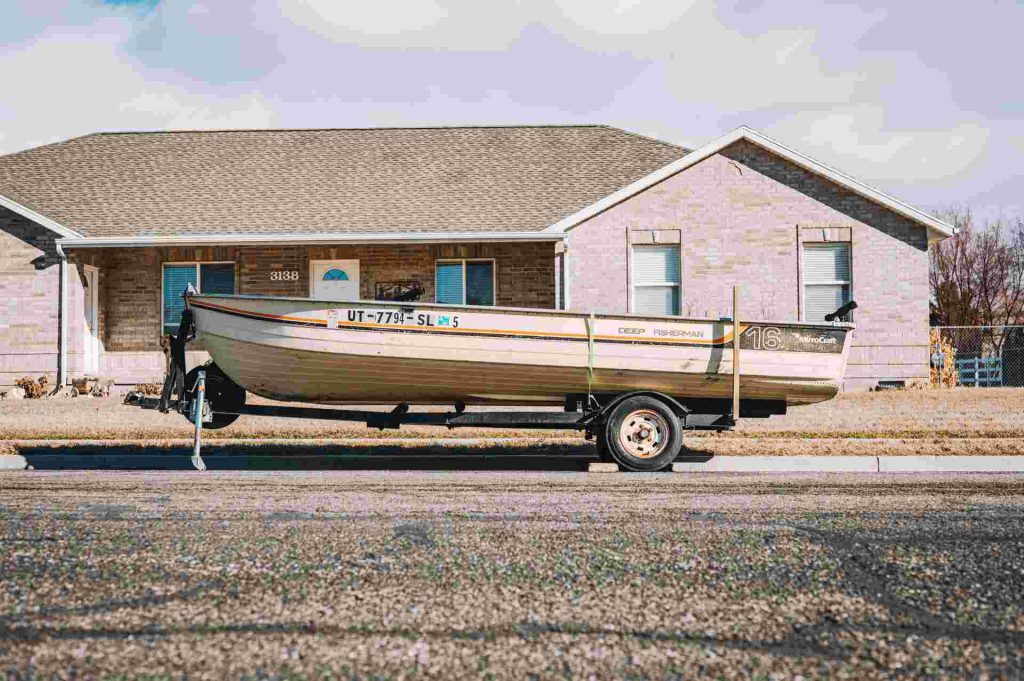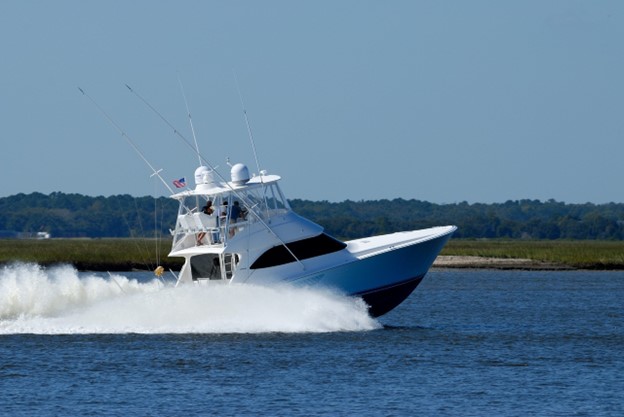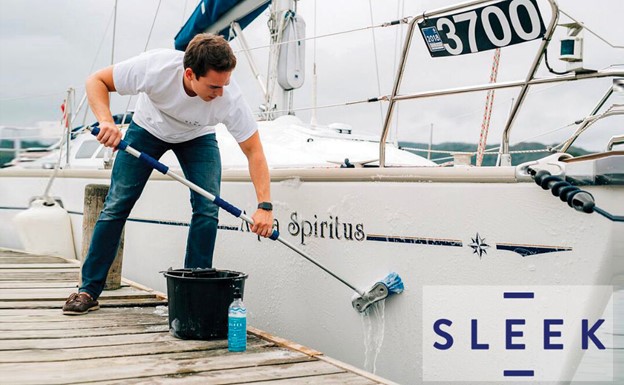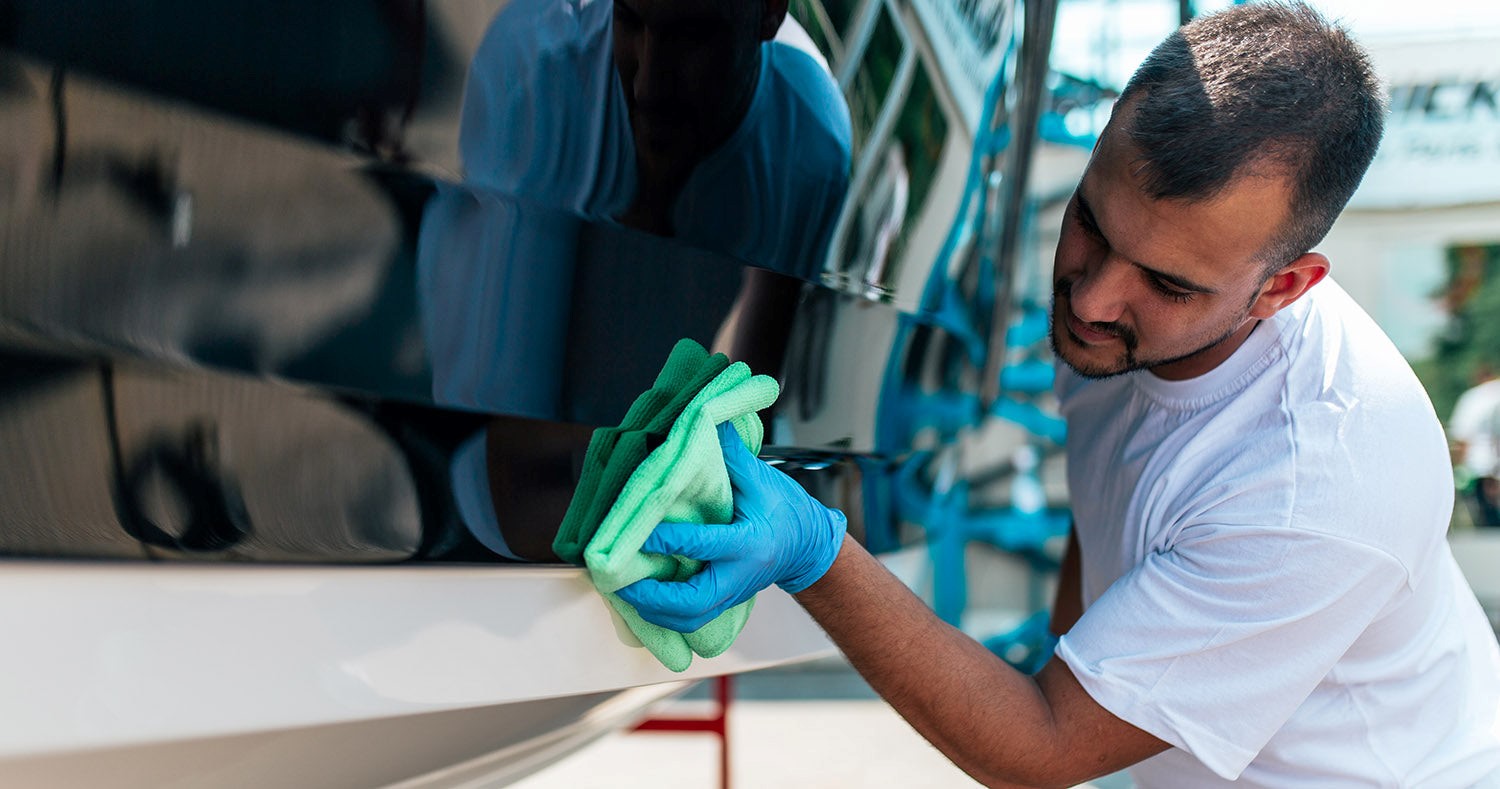
Are you a boat owner who wants to ensure the longevity and reliability of your boat trailer? Proper boat trailer maintenance is essential for preserving the safety and performance of your vessel on and off the water. Neglecting your trailer can lead to costly repairs and even jeopardize your boating adventures.
In this article, we’ll explore the ten best practices for boat trailer maintenance that will not only extend its lifespan but also enhance your overall boating experience. From regular inspections to proper cleaning and lubrication, adopting these practices will help you keep your boat trailer maintenance in top-notch condition for years to come.
Regularly Inspect Tires, Lights, and Trailer Frame for Damage
Regularly inspecting your trailer’s tires, lights, and frame is crucial for maintaining safety and ensuring a smooth boating experience. By following these steps, you can help prevent potential issues that might arise during transportation:
- Tire Inspection: Check the tire pressure using a reliable gauge and ensure it matches the manufacturer’s recommended specifications. Proper inflation is essential for safe towing. Additionally, visually inspect the tires for any signs of damage, such as cuts, bulges, or punctures. Replace any damaged tires promptly to avoid issues while on the road.
- Lights Check: Inspect all the wiring connections for your trailer lights, including the plug that connects to your towing vehicle. Ensure the connections are stable and free from corrosion. Corroded connections can lead to non-functioning lights, posing a safety hazard and risking traffic violations. Test each light individually to confirm they are working correctly, including brake lights, turn signals, and running lights.
- Trailer Frame Examination: Carefully inspect the trailer frame for any signs of damage, such as rust spots, cracks, or bends. Focus on areas where stress is concentrated, such as joints and corners. If you identify any compromised areas, have them repaired promptly by a qualified professional to prevent further deterioration and potential accidents.
- Regular Cleaning: Periodically clean the trailer frame with light soap and water to remove dirt and debris build-up. This cleaning routine can help prevent corrosion and extend the life of the frame.
By incorporating these steps into your regular professional boat maintenance routine, you can ensure that your trailer is in good condition and ready for safe and trouble-free boating trips. Remember, proactive maintenance is key to preventing unexpected issues on the road or at the boat launch.
Follow Manufacturer’s Guidelines for Boat Trailer Maintenance
To ensure your boat trailer maintenance stays in top condition, it’s crucial to regularly refer to the manufacturer’s guidelines for maintenance and service intervals. Following the manufacturer’s recommendations will help you properly care for your trailer and prevent potential issues. Considering its unique specifications and requirements, these guidelines are designed specifically for your trailer model.
When consulting the manufacturer’s guidelines, pay close attention to the recommended service intervals. These intervals indicate how often certain maintenance tasks should be performed on your boat trailer. They may include tasks such as inspecting and lubricating moving parts, checking tire pressure, inspecting lights, and ensuring proper alignment of the trailer frame. By adhering to these recommended intervals, you can catch any possible problems early on and address them before they become significant issues.
Additionally, the manufacturer’s guidelines will provide specific instructions on how to perform various maintenance tasks correctly. It ensures you use the appropriate methods and tools for your boat trailer maintenance. It’s essential to follow these instructions precisely to avoid causing damage or voiding any warranties.
Lubricate Moving Parts and Check for Loose or Worn-Out Components
Keep your boat trailer maintenance inn optimal condition by regularly lubricating moving parts and checking for loose or worn-out components. Proper lubrication ensures that the various moving parts of your boat trailer function smoothly and efficiently.
One important area to inspect is the hinges, which allow the trailer to fold and unfold. Check for any wear or damage, such as rust or excessive movement. If necessary, apply a suitable lubricant to keep the hinges working properly.
In addition to hinges, it’s crucial to grease your boat trailer’s axles regularly. Axles are responsible for supporting the trailer’s weight and ensuring smooth movement while towing. Over time, dirt, debris, and water can enter the axle bearings, causing them to wear out prematurely. By greasing the axles at regular intervals, you reduce friction and prevent damage to these critical components.
Clean and Protect the Trailer From Rust and Corrosion
Ensure the longevity of your trailer by implementing effective cleaning techniques and utilizing protective coatings to prevent rust and corrosion on its metal surfaces. Rust can quickly deteriorate your trailer’s structure, making it unsafe for use and reducing lifespan.
To prevent rust from forming, start by thoroughly cleaning your trailer after each use. Use a mild detergent or boat wash solution to remove any salt, dirt, or debris that may have accumulated during transport. Pay close attention to all the nooks and crannies where moisture can get trapped, as these are prime areas for rust formation.
Once your trailer is clean, apply a high-quality protective boat coating designed for metal surfaces. These coatings act as a barrier against moisture and corrosive elements, preventing rust from taking hold. Look for coatings that offer long-lasting protection and are resistant to chipping or peeling. Apply the coating evenly over all exposed metal parts of the trailer, including the frame, axles, springs, and hitch assembly. Be sure to obey the manufacturer’s instructions for proper boat trailer maintenance.
Properly Store and Secure the Boat Trailer When Not in Use

When you’re not using your boat trailer, storing and securing it properly is crucial. By following the right storing practices and ensuring trailer security, you can protect your investment and extend its lifespan.
Here are three critical steps to consider:
- Find a Suitable Storage Location: Look for a dry, level area where the trailer can be parked safely. Ideally, this spot should be away from direct sunlight and extreme weather conditions. If possible, cover the trailer with a waterproof tarp or use a storage unit to shield it from the elements.
- Secure the Trailer With Locks: Prevent theft by investing in quality locks for your boat trailer. Use a hitch lock to secure the coupler and prevent unauthorized towing attempts. Additionally, consider wheel locks that immobilize one or more trailer tires, making it much harder for anyone to steal or move.
- Maintain Proper Tire Pressure: Before storing your boat trailer, ensure all tires are inflated to their recommended pressure levels. It helps distribute weight evenly and prevents flat spots from forming during long periods of inactivity. Regularly check tire pressure for your boat trailer maintenance during storage and inflate as necessary.
By following these storing practices and taking measures to enhance trailer security, you can keep your boat trailer in optimal condition even when not in use. Remember that proper boat trailer maintenance also includes periodic storage inspections to identify potential issues early on. With these precautions in place, you’ll have peace of mind knowing that your boat trailer maintenance is safe until its next adventure on the water!
Inspect and Maintain the Trailer Suspension System
The trailer’s suspension system plays a vital role in providing a smooth and stable ride for your boat during transportation. Regularly inspect the suspension components, such as leaf springs or torsion axles, for signs of wear, cracks, or damage.
Lubricate the moving parts of the suspension system to prevent friction and ensure optimal performance. Properly functioning suspension not only enhances the towing experience but also protects your boat from unnecessary vibrations and shocks.
Check and Grease the Trailer Bearings
Trailer bearings play a crucial role in maintaining smooth wheel rotation and reducing friction between the wheel hub and axle. These small components are often overlooked, but neglecting them can lead to significant issues while towing. To ensure a safe and efficient boating experience, it’s essential to inspect and maintain your trailer bearings regularly.
During your routine boat trailer maintenance, take the time to inspect the bearings for any signs of wear, rust, or lack of lubrication. Look out for any unusual noises or vibrations while towing, as these could indicate potential bearing problems. If you notice any issues during the inspection, addressing them promptly is crucial to prevent further damage.
Examine and Maintain the Trailer Brake System
The trailer brake system is a critical safety feature that aids in slowing down and stopping the boat trailer maintenance while towing. Regularly examining and maintaining this system is crucial for ensuring optimal performance and safe towing experiences.
Start by examining the brake components, including the brake pads, drums, and hydraulic lines, for any signs of wear, damage, or leakage. Worn-out brake pads or damaged drums can compromise the braking efficiency and increase the stopping distance, posing a risk to you and other drivers on the road.
Check the hydraulic lines for any leaks, as a loss of brake fluid can lead to brake failure. If you discover any issues during the examination, promptly address them by replacing damaged components and fixing any leaks.
Check the Trailer Rollers or Bunks
Trailer rollers or bunks are essential components of your boat trailer maintenance that play a crucial role in supporting and guiding your boat during launching and retrieving. Including these components in your regular boat trailer maintenance routine is vital to ensure a smooth and hassle-free boating experience.
Regularly inspect the boat trailer rollers or bunks for signs of wear, cracks, or damage as part of your boat trailer maintenance management routine. Over time, these components can be subjected to significant stress and may show signs of deterioration. Look for any signs of wear on the rollers or bunks, such as flat spots or uneven surfaces. Cracks or breakages can also occur, especially if the trailer has encountered rough road conditions or accidental impacts.
Inspect and Repair Trailer Wiring and Electrical Components
Maintaining and inspecting the trailer’s wiring and electrical components is crucial for safe and hassle-free towing experiences. A well-maintained wiring system ensures that the trailer’s lights, brakes, and other electrical systems function properly, providing optimal visibility and signaling to other drivers on the road.
Regularly inspecting the wiring harness, connectors, and lights is essential for boat trailer maintenance to catch any signs of wear, damage, or corrosion early on. Corroded or damaged wiring can lead to electrical failures, resulting in potential accidents or non-compliance with road regulations. During inspections, pay close attention to frayed wires, loose connections, or any exposed components that could cause short circuits.
Final Thoughts
Boat trailer maintenance is crucial to ensure its longevity and peak performance. By following these ten essential practices, you can preserve your trailer’s condition, avoid costly repairs, and prevent accidents. Regular inspections of tires, lights, and frames, adherence to manufacturer’s guidelines, lubrication of moving parts, and proper storage contribute to a reliable and safe trailer for enjoyable boating experiences.
Contact us at The Boat Concierge today if you’re looking for expert boat trailer maintenance services. We offer expert inspections, repairs, and maintenance to ensure your trailer performs optimally and safely for all boating adventures.



